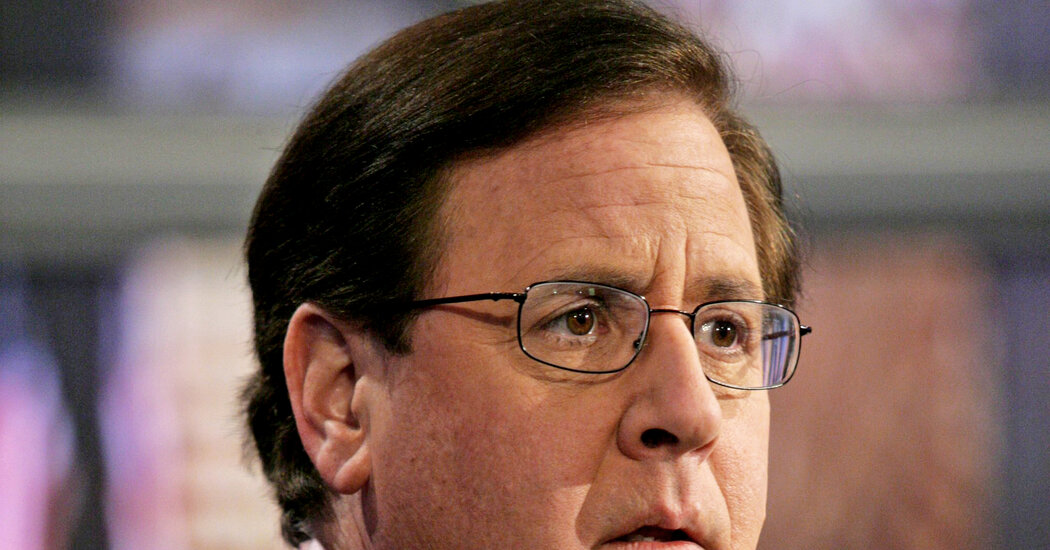Howard Fineman, Veteran Political Journalist and TV Pundit, Dies at 75

Howard Fineman, a witty, encyclopedic political reporter who dominated the fast-evolving world of Washington journalism for nearly 40 years, moving effortlessly from daily news coverage to the pages of Newsweek magazine to cable news punditry and later to the frontiers of online journalism, died on Tuesday at his home in Washington. He was 75.
The cause was pancreatic cancer, his son, Nick, said.
After beginning his career at The Louisville Courier-Journal in Kentucky in the early 1970s, Mr. Fineman arrived in Washington in the late ’70s, writing first for The Courier-Journal and then for Newsweek, where he spent nearly 30 years as a reporter and editor.
He was part of what might be called the post-post-Watergate generation of journalists. No longer directly fired by the scrappy, crusading spirit of the young Bob Woodward and Carl Bernstein, Mr. Fineman and his cohort brought a polished professionalism to their task matched with a dogged ambition that fit the Ronald Reagan era in Washington.
It was a more collegial time, both between political parties and between them and the news media. Mr. Fineman soon gained renown as one of the fastest and most productive reporters, able to work sources for the sort of slow, steady drip of scoops that define success among Washington journalists.
His work helped Newsweek stand out at a time that many people consider a golden age for newsmagazines. Alongside colleagues like Gloria Borger, Michael Isikoff and Evan Thomas, Mr. Fineman created a weekly report that blended breaking news with measured analysis and context, setting the tone for how people in Washington and the nation discussed them.
“He believed in the story, always attuned to where the political conversation was headed,” the historian Jon Meacham, who worked with Mr. Fineman at Newsweek, said in an email. “Howard was what was known as a master ‘violinist,’ the lead voice of the magazine responsible for writing the piece that served as the overture to everything that followed.”
